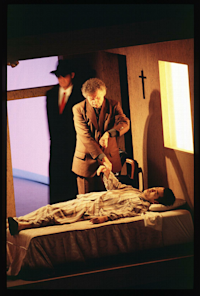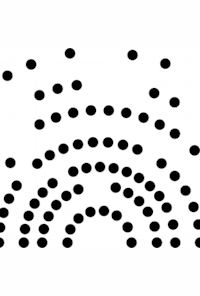

Gottes Zeit ist die allerbeste Zeit (Actus Tragicus), BWV 106 (God's Time is the Very Best Time (Actus Tragicus)), Bach, J. S.
Dalintis
Theater Basel (2000/01)Informacija iš meno organizacijos (patvirtino Operabase)
22 gruodžio - 22 balandžio 2000/01 (16 pasirodymų)
Apsilankykite svetainėjeGod's Time is the Very Best Time (Actus Tragicus) by Bach, J. S., sek 11 vas 2001, Nuo (2000/2001), Režisierius Herbert Wernicke, Dirigentas Michael Hofstetter, Theater Basel, Basel, Switzerland
Žiūrima aktorius ir komanda 11 vas 2001
Prodiuseris
Conductor
Stage director
Atlikėjai
1. Sopran
2. Sopran
1. Alt
2. Alt
1. Tenor
2. Tenor
1. Bass
2. Bass
Įgula
Dramaturge
Musical Assistant
Assistant Stage Director
Assistant Costume Designer
Ansamblis
Orkestras
Sužinokite daugiau apie kompozitorių


